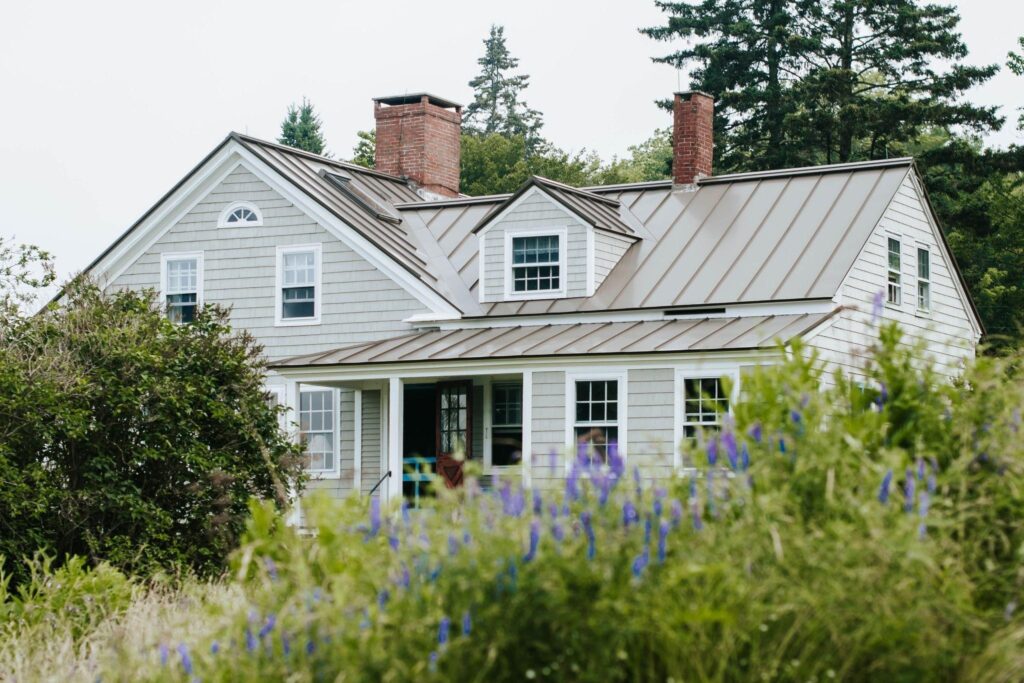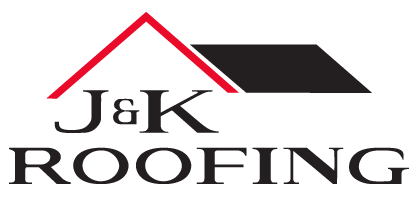
Questions About Your New Roof, Answered
Having a new roof installed is a big, important project, and once it’s complete, you want to make sure it lasts as long as possible. Your roof not only protects you from the weather—and in Colorado, we get quite the variety of storms—but it’s also your first line of defense in protecting the essential operations of your home like your electrical and ventilation systems.
To make sure your roof lasts as long as possible, it’s good to know what’s involved from a maintenance perspective and what signs to look for if you suspect you might need a roof repair or replacement.
Here are some frequently asked questions about installing and caring for a new roof.
Q: How often do I need to inspect it for damage and leaks?
A: You should have your roof inspected twice a year. The best times for an inspection are in the spring and fall, before entering each extreme season. You should also get an inspection after severe weather events, such as hailstorms or snowstorms. Click here to schedule a free roof inspection.
As a homeowner, you don’t need to get on your roof at all. You should do a visual check from the ground, and leave getting on the roof to experienced professionals who know how to follow roofing safety best practices.
Q: Do I need to clean my roof?
A: In Colorado we do not need to pressure wash our roof. This is more common in parts of the country where there are issues with algae and moss. While we get a lot of dust in Colorado, typically the amount of rain and snow we get is adequate to move dust and dirt into gutters.
If you are wanting to clean your roof, pressure washers are simply not made for roof work. Cleaning your roof with a pressure washer would likely do more harm than good. Using too much pressure when washing a roof can loosen granules on shingles causing shingles to become thin and brittle, damaging your roof’s underlayment and shingle adhesive.
You may need debris removed if you have nearby trees. If you need your roof cleaned up, hire a professional to take a look and figure out the best path forward. They can also clean your gutters.
Q: Can I repair roof leaks myself?
A: The source and cause of leaks is not always visible or easy to find. Items that penetrate the roof, like roof vents, chimneys, or dormers, and damaged flashing are the most common source of leaks. If you have attic access, the easiest way to track down a leak is to look with a flashlight for any evidence.
While it can be tempting to DIY your roof as a cost-cutting measure, it’s a risky and often ineffective approach. Our team is experienced in all types of repair and will answer your questions and provide helpful tips. We have the safety equipment and experience to do the job correctly and safely. Roofing is one of the most dangerous jobs out there, so roof repairs should be left to the professionals.
Q: How long will my new roof last?
A: The answer to this question is entirely up to the type of roof you have and the weather in your area. Some roofing materials last longer than others, and each type requires a particular approach for maintenance.
No matter what kind of roof you have installed, you must take care of it. That means assessing it for damage after storms, taking care of repairs as soon as you spot them, and inspecting it regularly (spring and fall, as described above).
At J&K Roofing, we give customers a custom packet with important information about their roofing material, manufacturer warranty, limited lifetime warranty, helpful maintenance information, who to contact for questions and problems, and some additional roof repair FAQs.
Follow these best practices, and you can extend the life expectancy of your roof. Hail and wind storms are a common occurrence in Colorado, and unfortunately will damage your roof. No roof lasts forever, and yours will need to be replaced at some point.
Q: What can I do to keep my roof in good condition?
A: Your best bet is to follow roofing best practices and take care of your roof. That includes:
- Clearing debris like fallen tree branches and leaves
- Trimming trees around your home
- Cleaning your gutters as needed
- Having proper ventilation in your attic
- Taking care of repairs early and as often as needed
- Calling in professionals for repairs and regular roof inspections
Overall, your roof is one of the foundational parts of your home, and you should treat it as such with routine maintenance.
Q: What goes into installing a new roof?
A: You might think your roof is just shingles nailed into some plywood, but it’s far more than that! There are different types of roofs, and each has its own benefits. When it comes to the average home, a pitched roof is most common, and that roofing system includes the following:
- Decking
- Underlayment
- Shingles
- Ice & water shield
- Flashing
- Ventilation/insulation
- Edging
- Gutters and downspouts
You can learn more about a pitched roof system here.
Q: How do I pay for a new roof?
A: One of the biggest concerns homeowners have about their roof replacement is how much it will cost. Most roofing companies offer roof financing options either in-house or through an outside financing company. You will have an estimate and can work with your local roofing company to determine financing options based on different loan amounts and timeframes. You may also be able to finance your insurance deductible.
However, if the damage is from a storm, many people file a homeowner’s insurance claim. Bear in mind that you have a limited window of time to file a claim and get your roof covered by homeowner’s insurance. To be more specific, you typically have one year from the date of damage to file a claim and get a roof repair or replacement covered by your insurance company.
Q: What kind of roof is right for my home?
A: The type of roofing material you should install depends on where you live, your roofing system (flat, pitched, etc.), and how much you’re looking to spend. Asphalt shingles are the most common roofing material in Colorado and across the United States. There are many different types of roofing materials and your local roofing contractor will help you determine the best options based on your desired aesthetic and price point for your home.
We also work with many Homeowners Associations. If you live in an HOA community, review your HOA documents, consult with your insurance adjustor, and talk with your roofing contractor before moving forward.
Q: What’s a fun fact about roofing systems?
A: They breathe! Yes, you read that right. Your properly functioning roofing system “breathes” by circulating warm and cool air throughout the underside of your roof deck. That’s why your roof has various vents, eaves, and sometimes fans installed to help air move in and out.
Click here for more fun facts you might not know about roofs.
J&K Roofing Has Answers to Your Questions
If you have more questions about roofing and roofing repairs, we’re here to help. We’ve been in business for nearly 40 years in the Denver, Colorado Springs, Fort Collins, and Front Range areas and are happy to talk with you about your roofing project.
Get in touch with us by calling 303-425-7531 or clicking here.
